Try limiting heat styling and eating a healthy diet instead
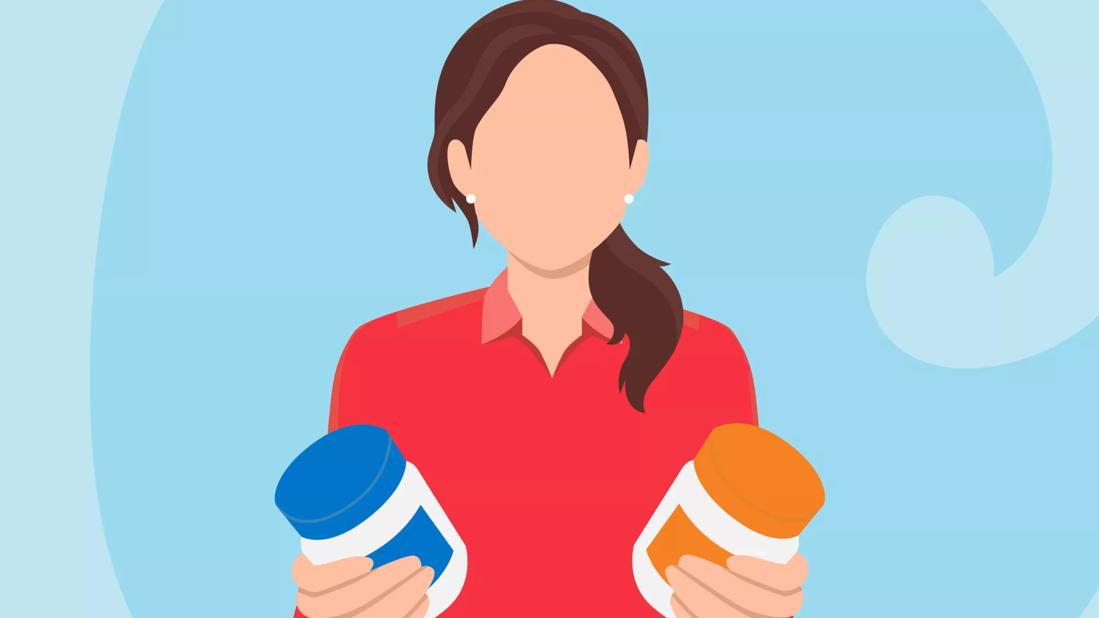
It’s hard to turn on the TV these days without seeing an ad for collagen supplements, most of them endorsed by seemingly ageless celebrities with gorgeous hair.
Advertisement
Cleveland Clinic is a non-profit academic medical center. Advertising on our site helps support our mission. We do not endorse non-Cleveland Clinic products or services. Policy
In our rational minds, we know it’s not really the powders, gummies, pills or potions keeping them so perfectly preserved. But that doesn’t make us any less curious!
We asked dermatologist Shilpi Khetarpal, MD, about the science behind — and benefits of — collagen supplementation. What she told us may surprise you.
Collagen is a protein that strengthens, supports and provides structure for everything from bones and muscles to blood vessels and organs. As you can imagine, we’ve got a lot of it. Collagen accounts for 30% of the protein in your body.
It’s especially important for maintaining your mane. “Collagen is the primary structural protein that we find in cartilage, skin and hair,” Dr. Khetarpal explains.
The food we eat gives us everything we need to produce collagen naturally, but we lose collagen as we age, which can cause our skin and hair to lose their vitality. Collagen supplements aim to increase the collagen in your body, on the assumption that it will give you — and especially your hair, skin and nails — an extra boost.
While there are some plant-based options, most collagen comes from animal sources. “To make these supplements, the manufacturers use all the collagen-rich tissues that are set aside by meat processors,” Dr. Khetarpal explains. “So, they use skin, bones, fish scales — all of that. And then, they denature it to form a gelatin that’s put into powders, gummies or capsules.”
Advertisement
The most honest possible answer to that question is: We don’t know yet. And Dr. Khetarpal doesn’t suggest her patients take supplements if she can’t provide convincing evidence that it’s beneficial.
“There are a lot of supplements out there that claim to help your hair, skin and nails,” she says. “However, there isn’t a lot of clinical data really showing that. That’s because when you take these collagen supplements, they are digested by the GI tract. And it’s not really enough collagen to get absorbed into the bloodstream and delivered back to your hair, skin, nails and so on.”
Dr. Khetarpal continues, “There are some very small studies that have shown some improvement for collagen supplements for the skin. However, they’re all sponsored by the companies making these supplements. So, it’s hard to say that they really do work.”
The other issue with collagen supplementation is that it’s based on an assumption that the source of the collagen doesn’t matter. “The theory is that animal collagen is close enough to what’s in our human tissue to be helpful,” Dr. Khetarpal notes. “And, once again, we don’t know that that’s true. And when it comes to vegan or plant-derived versions, we don’t know if that collagen is even similar to the collagen we make in our bodies.”
We don’t have any definitive evidence that collagen supplements work, but we do know that they have the potential to cause harm. The U.S. Food and Drug Administration (FDA) considers collagen a food, not a pharmaceutical product. That means they aren’t subject to the same level of testing and regulation as medications.
Why does that matter? “All collagen supplements have additives in them,” Dr. Khetarpal explains. “So, you might have an allergy or an intolerance to something else in the supplement. These companies can put things in their collagen that you might not normally see — whether that’s different flavors, food coloring, or dyes — because these supplements aren’t well-regulated. And there have been issues in the past with inaccurate labeling, contamination and other safety concerns.”
Dr. Khetarpal also notes that, while generally well-tolerated, some people experience gastrointestinal (GI) side effects when they take collagen supplements.
Sad but true: Collagen isn’t your one-way ticket to shampoo-commercial hair. If it’s any consolation, those models don’t have shampoo-commercial hair either. It’s all smoke and mirrors.
Frustrating as it may be, getting and keeping your locks looking their best is a bit more complicated than downing a pill or chewing a gummy. The good news? It is possible!
Advertisement
If you want to improve your hair health and stimulate growth:
Advertisement
Still keen on collagen? That’s fine. Dr. Khetarpal suggests doing the following to minimize your risk of unpleasant side effects:
Advertisement
Even if you follow all of Dr. Khetarpal’s suggestions, it’s still important to proceed with caution. “You need to know that there may not be a lot of benefit to taking a collagen supplement. And there could be some harm, especially if you have an allergic reaction.”

Sign up for our Health Essentials emails for expert guidance on nutrition, fitness, sleep, skin care and more.
Learn more about our editorial process.
Advertisement

Topical treatments — and even some cosmetic procedures — may help reduce the appearance of this crinkled-paper look
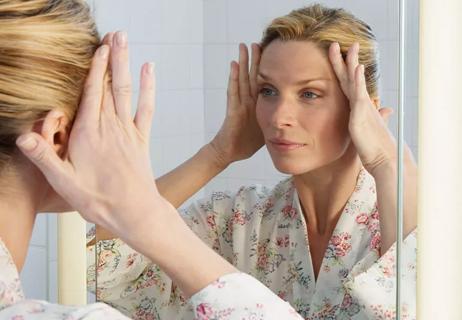
Though popular with influencers and celebrities, there’s little research to back up claims that they work
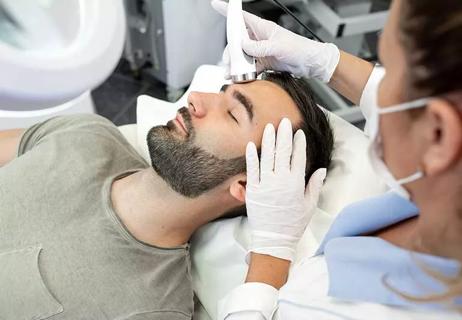
This noninvasive procedure can help aging skin by boosting collagen production
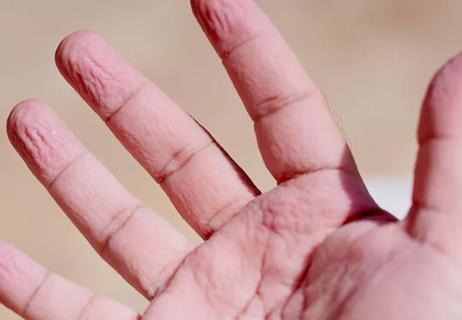
Your blood vessels shrink and your skin forms wrinkles to help you grip objects
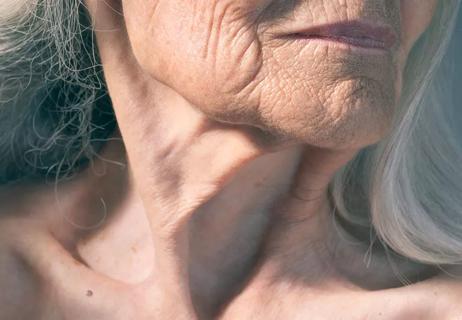
Lifestyle changes, neck exercises, injections and surgery can all help improve turkey neck

Using tape to smooth wrinkles may be a temporary fix, but there are still risks
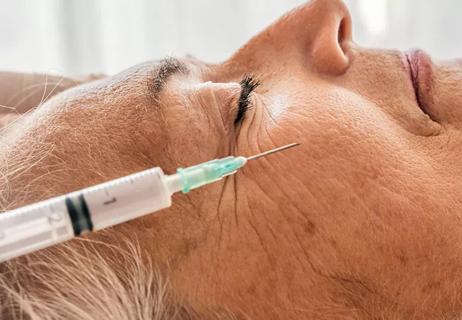
What you can do for laugh lines and facial creases
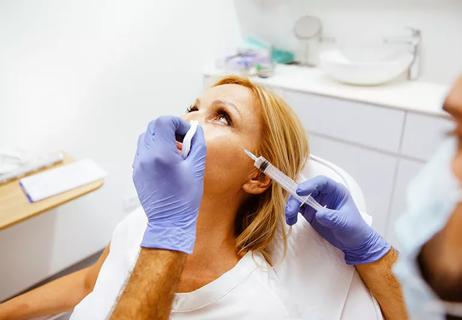
They're less invasive and less time-consuming than other options for the padding beneath your eyes

Even small moments of time outdoors can help reduce stress, boost mood and restore a sense of calm

A correct prescription helps your eyes see clearly — but as natural changes occur, you may need stronger or different eyeglasses

Both are medical emergencies, but they are very distinct events with different causes